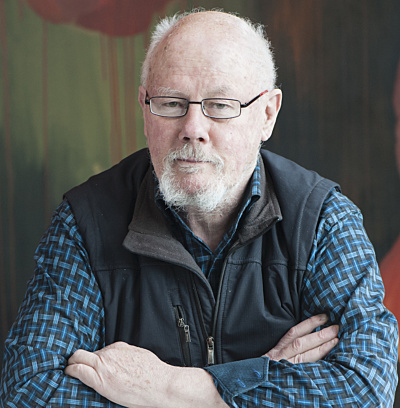Is it poor governance to get only one quote for major expenditure?

In this help sheet series, Our Community’s resident agony uncle, Chris Borthwick, offers answers to frequently asked questions about issues not-for-profits are facing.
Dear Agony Uncle,
I belong to a charity with more than 1000 members. There is a committee which is elected each year. When it comes to a major expenditure, is it poor governance to obtain only one quote rather than two or three? The amount involved is six figures for a refurb of the club lounge rooms. The committee made the decision, did not inform the membership of the amount and obtained only one quote.
I would see this as a severe lack of due diligence on their part as it is club money, and not obtaining more than one quote prevented them from determining whether they received value for money. When I raised this at a general meeting, I was told to sit down and be quiet.
The members were informed of the total amount spent only when I raised the question at a meeting after the work had been done and paid for.
It just does not sit right with me. Should I listen to my gut or let it go?
Agony Uncle's answer
Well, to take the last question first, I don't think that you have a real prospect of having the decision reversed through administrative processes. Obtaining only one quote may not be good financial practice – let's take it, for the moment, that it's not – but it's a long way from being outside the committee's powers. Under the law as it stands, committees of management are given a lot of rope. A decision will only be overturned by a court (leaving aside, for the moment, the long and expensive process of getting it before a court) if it's not just a bad decision, not just a not-best-practice decision, but a decision that no sane committee could have made: and that's a pretty high bar.
You say that the committee didn't consult the membership: it doesn't have to. Between general meetings, it runs the organisation more or less as it likes, in much the same way that the management runs BHP. BHP doesn't have to discuss possible new mines with the shareholders, and it generally doesn't. And with BHP, and with your group, the remedy for incompetence isn't to order the committee around, it's to elect a different committee.
At the general meeting you attended, for example, you could have moved a motion that you be allowed to continue speaking. If the meeting had been on your side it could have been carried; if the meeting was against you it probably wouldn't matter whether you spoke or not. Normally, the chair runs the meeting, but the meeting can override the chair's rulings. Still, that's water under the bridge. As is the question of whether you could have stood yourself, or stood as part of a reform ticket, or voted out the treasurer.
You can probably still now bring on a special general meeting, at which you can move a spill of the committee and a new election. Whether that's a good idea is a question I have to pass back to you. Do you think you'd win?
Alternatively, you can wait another year, after the rooms have been expensively renovated, and try for a spill at the next AGM.
Another approach, if you do want to continue, is to press the committee to adopt a financial controls policy, which you can find on our site here, which lays down that several quotes must be called for.
Should you let it go? You might consider standing for the committee to stop it happening again. Would you have the numbers? Could you get them? That's probably the long-term route to reform.
Best wishes,
Agony Uncle.
Ask Agony Uncle
Has your organisation got a problem? A deal-making dilemma or a constitutional conundrum? Found yourself in a personality pickle or a media muddle? Tap the button below to send in your query.